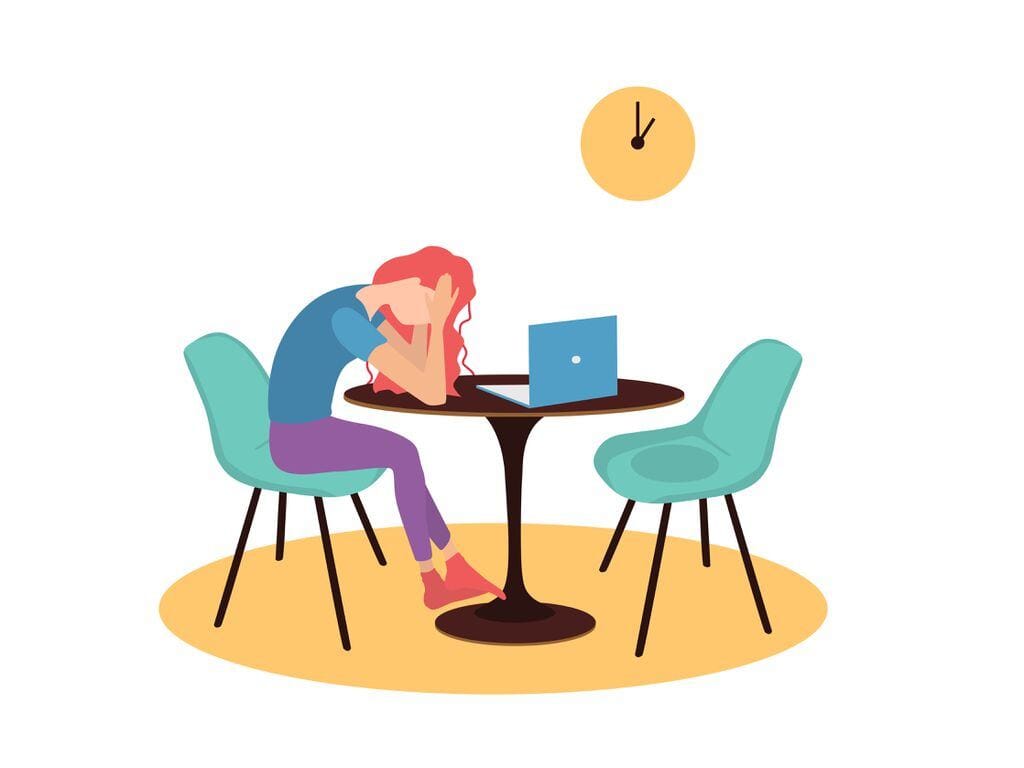Gen Z Is More Than the Sum of Its Social Anxieties

Below is a brief letter I wrote to the editor of the Boston Globe in March 2023. You can find the published version here, although it may be paywalled.
I would have loved to write a longer article and nearly did: the first draft was nearly 2500 words. However, the Boston Globe limits letters to the editor to 250 words or less, so I had to cut 90% of it.
The Letter
Kat Rosenfield claims that Gen Z is afraid of independence because of “the removal, via technology, of so much of what used to be the ordinary friction of existing as a person in the world” (“The illusion of a frictionless existence,” Ideas, Feb. 26). My job as a user experience designer is to remove these frictions. These trivial inconveniences alone could never add up to her conclusion.
Gen Z’s social anxieties are much more likely to be caused by the world events they’ve experienced combined with their exposure to social media.
Rosenfield claims that the decline of Gen Z’s social skills is caused by simplicity of food delivery and Zoom hangouts, rather than the real culprit: a pandemic that resulted in an outright ban on in-person social interactions. Although she suggests that this group’s anxieties predated COVID-19 by at least 10 years, the pandemic came at a crucial point for Gen Z, when they would be making their first real friend, having their first kiss, or starting their first job.
Most of these social interactions were replaced with social media, which bombards them with tragedy after tragedy, whether it be gun violence, economic inequality, or a natural disaster. With 54 percent of them spending at least four hours a day on it, heightened anxiety is almost inevitable.
The very report Rosenfield mocks describes that 70 percent of Gen Z participates in a social or political cause. I wouldn’t call that fragile; I’d call that determined.
Brett Abraham
Somerville